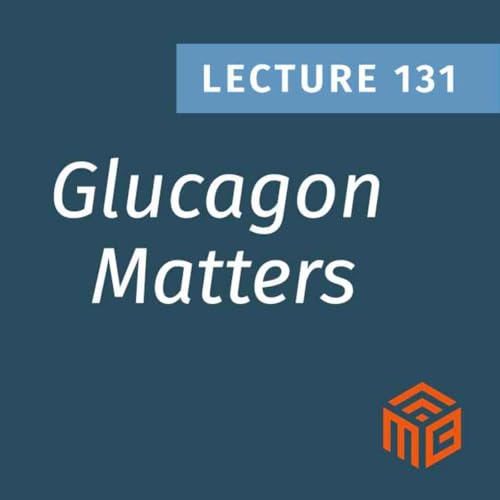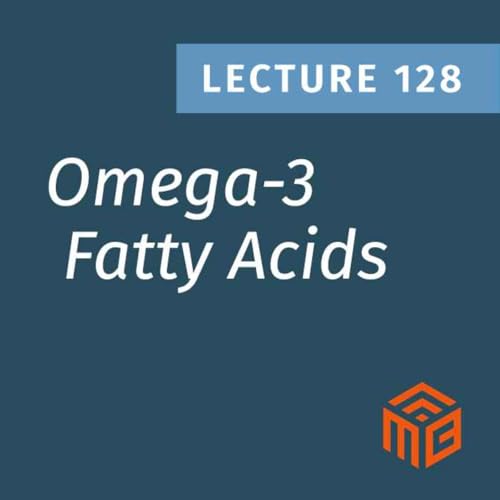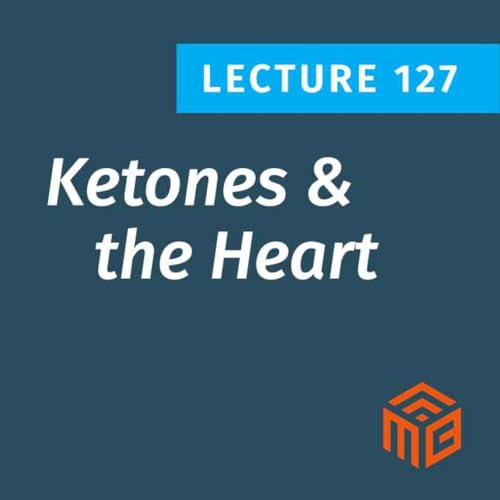📢 To listen ad-free, become an Insider: Ben’s website, https://www.benbikman.com
📢 Dr. Bikman’s Community & Coaching Site, Insulin IQ: https://insuliniq.com
In this episode Dr. Bikman explores the concept of “male menopause,” more accurately termed andropause. While women experience a dramatic hormonal drop-off due to the depletion of ovarian follicles, men experience a gradual decline in testosterone, primarily because their testosterone-producing Leydig cells become less efficient with age. This slow reduction begins in the 30s or 40s, and free testosterone (the biologically active form) declines even faster than total testosterone due to increasing levels of sex hormone-binding globulin (SHBG).
The lecture delves into the cellular mechanisms behind this decline, focusing on mitochondrial dysfunction and insulin resistance. Because testosterone synthesis starts with cholesterol being transported into the mitochondria, anything that impairs this transport—like declining STAR and TSPO proteins or mitochondrial fragmentation—can reduce testosterone production. Dr. Bikman emphasizes that insulin resistance plays a central role by impairing Leydig cell responsiveness and increasing ceramide production, which worsens mitochondrial fission and dysfunction.
Body fat also plays a major role in hormonal health, as it increases aromatase activity, converting testosterone into estradiol. This creates a damaging feedback loop—more fat leads to more estrogen, which suppresses testosterone production, which then leads to more fat gain.
Dr. Bikman outlines a set of interventions to break this cycle and support testosterone naturally, including:
- Weight loss, especially reducing visceral fat
- Resistance training, with caution to avoid overtraining
- Cold exposure, done strategically (before, not after exercise)
- Sleep hygiene and stress reduction
- Limiting alcohol intake
- And in some cases, Testosterone Replacement Therapy (TRT), with caveats about fertility
Show Notes/References:
For complete show notes and references, we invite you to become an Insider subscriber or member. You’ll enjoy real-time, livestream Metabolic Classroom access which includes live Q&A with Ben after the lecture, unlimited access to Dr. Bikman’s Digital Mind, ad-free podcast episodes, show notes and references, and online, live Office Hours access with Ben. It also includes Ben’s Weekly Research Review Podcast. Learn more: https://www.benbikman.com
Also, Dr. Bikman’s Digital Mind can interact with you in many languages: https://benbikman.com/ben-bikmans-digital-ai-mind
IMPORTANT NOTE: The information presented is not intended to be a substitute for professional medical advice, diagnosis, or treatment. Dr. Bikman is not a clinician—and, he is not your doctor. Always seek the advice of your own qualified health providers with questions you may have regarding medical conditions.
Ben’s favorite yerba mate: https://ufeelgreat.com/usa/en/c/1BA884
Hosted on Acast. See acast.com/privacy for more information.
 23 min
23 min 22 min
22 min 28 min
28 min 23 min
23 min 35 min
35 min 25 min
25 min 21 min
21 min 26 min
26 min
